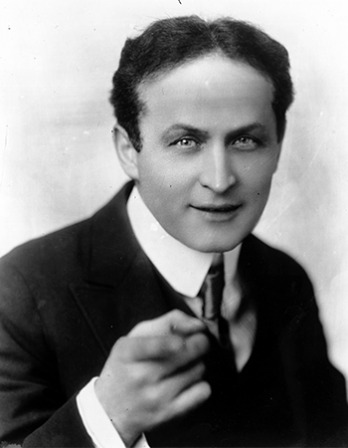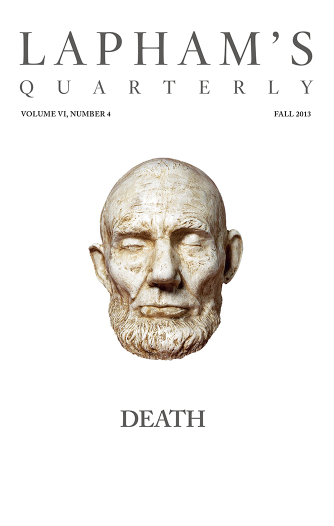God walks among the pots and pans.
—Saint Teresa of Ávila, 1582Extreme Makeover
An empress prepares for an American visitor.
On the twenty-sixth day of the fifth moon, during the morning audience, Prince Ching told Empress Dowager Cixi that Mrs. Conger, the wife of the American minister to Peking, had asked for a private audience and would Her Majesty please mention a day. She told him not to give any answer until the next day, just to give her time to think it over. I was sitting behind the large screen with the other ladies-in-waiting, listening.
Later in the day, Her Majesty came over to my mother and me and said, “I am just wondering why Mrs. Conger asks for a private audience. Perhaps she has something to say to me. I would like to know just what it is so I can prepare an answer.” My mother said that probably Mrs. Conger had someone visiting her who wished to be presented to Her Majesty. “No, it can’t be that, because they must give the list of names of those who wish to come to the palace. I don’t mind the formal audiences, but I don’t think that I should have private ones at all. I don’t like to be questioned, as you all know. The foreigners are, of course, very nice and polite, according to their own way, but they cannot compare with us, so far as etiquette is concerned. There must be something special, but I hope that she will not ask for anything, for I hate to refuse her. Can you guess what it is?” I told Her Majesty that there could not be anything special; besides, Mrs. Conger considered herself to be a person who knew Chinese etiquette very well, and I didn’t believe she would ask for anything at all.

Joan of Arc, by Jules Bastien-Lepage, 1879. Saints Michael, Margaret, and Catherine appearing to Joan in her parents’ garden, rousing her to fight against the English in the Hundred Years’ War. © The Metropolitan Museum of Art, Gift of Erwin Davis, 1889.
The next morning Prince Ching told Her Majesty that he had made a mistake by telling her that Mrs. Conger had asked an audience for herself the day before, and that an American admiral, Robley Evans, and his wife and suite wished to be presented to her.
After the regular morning audience was over, Her Majesty laughed and said, “Didn’t I tell you yesterday that there must be a reason for asking an audience? I rather would like to meet the American admiral and his wife.” Turning to the ladies-in-waiting, she said, “Be sure and fix everything up pretty, change everything in my bedroom, so as not to show them our daily life.” We all said yes, but we knew it was going to be a hard task to turn the palace upside down.
It was just the night before the appointed audience. We started to work taking off the pink silk curtains from every window and changing them for sky blue (the color she hated); then we changed the cushions on the chairs to the same color. While we were watching the eunuchs doing the work, several of them came into the room, carrying a large tray full of clocks. By this time Her Majesty had come into the room and ordered us to remove all her white-and-green jade Buddhas and take some of the jade ornaments away, for those things were sacred, and no foreigners should see them, so we replaced them with these clocks instead. We also took away the three embroidered door curtains and changed them for ordinary blue satin ones. I must explain that these three curtains were sacred, too. They were embroidered to represent five hundred Buddhist deities, on old gold satin, and had been used by Emperor Tou Kwang. Her Majesty believed that by hanging these curtains at her door they would guard against evil spirits entering her room. The order was that one of us should remember to place them back again when the audience was over. We fixed every piece of furniture in her bedroom. Her toilet table was the most important thing. She would not let anyone see it—not even the wives of the officials who came in, so of course we had to put it in a safe place and lock it up. We changed her bed from pink to blue. All her furniture was made of sandalwood, as were the carvings on her bed. This sandalwood, before it was made into furniture, was placed in different temples to be sanctified, so of course no foreigner could see it. As we could not take this carving from her bed, we covered it up with embroidered hangings. While we were working, Her Majesty came in and told us not to hurry in her bedroom because the audience the next day would only be for Admiral Evans and his staff, and they would not visit the private rooms. The audience for Mrs. Evans and the other ladies would be the day after. She said it was important to see that the audience hall was fixed up properly. She said, “Place the only carpet we have here in the hall. I don’t like carpets anyway, but it cannot be helped.”
Audio brought to you by Curio, a Lapham’s Quarterly partner

Princess Der Ling
From Two Years in the Forbidden City. The daughter of a mixed-heritage Chinese nobleman who served as a minister, first to Japan and then to France, Der Ling was educated in Paris before, at age eighteen, becoming a lady-in-waiting to Empress Dowager Cixi. She was not a true princess—the title was conferred by Cixi, who had been effectively deposed in 1898—and was valid only at the palace, which Der Ling left in 1905. She married an American, moved to the United States, and published this memoir in English in 1911.

